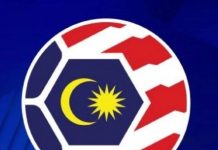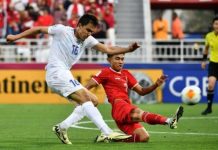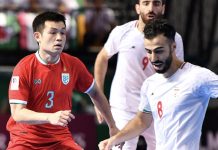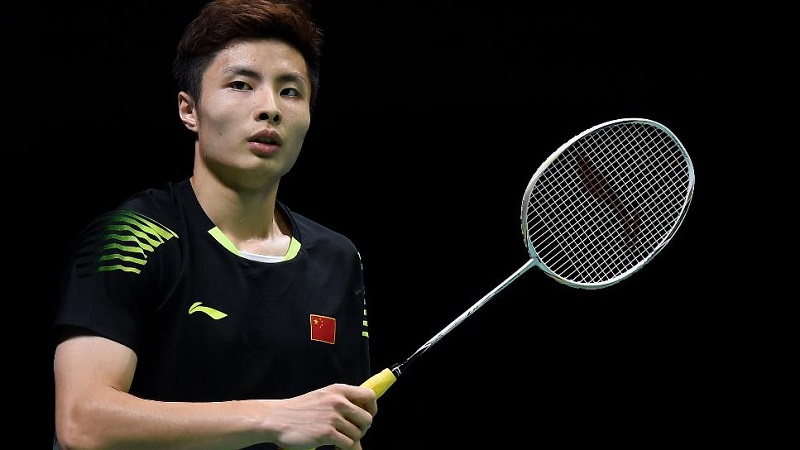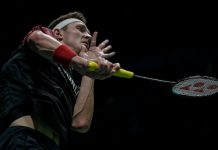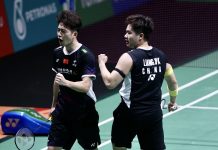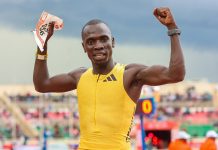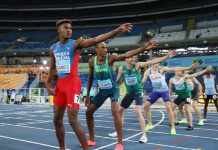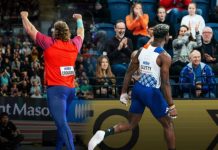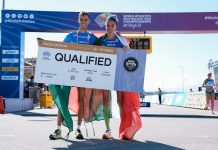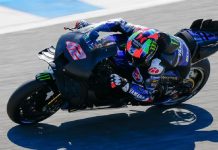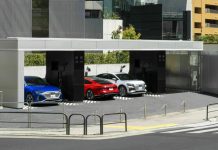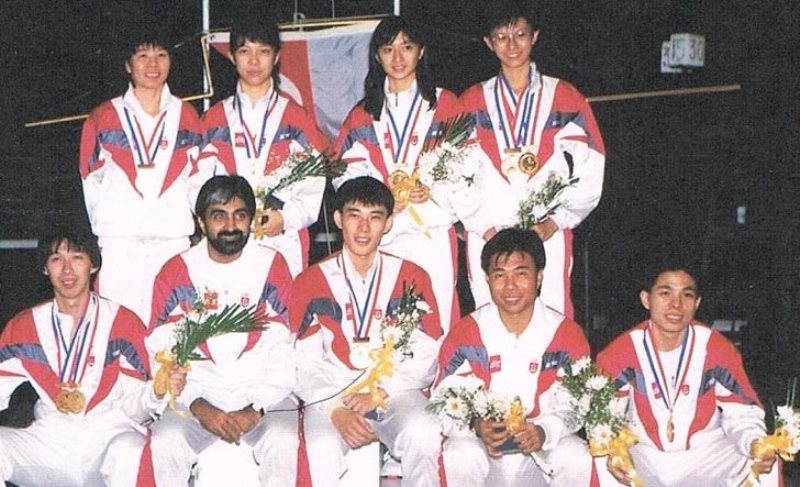
FEW sports personalities will ever come close to Dr Edward Jacob in terms of humble holistic leadership.
Humility, in his self-effacing dictionary, is about being modest, respectful and putting others before yourself. It is not calling attention to yourself or being rude. It is about gratitude. It is simply about good sportsmanship.
He was popularly known as Eddy, a gentleman figure hailed as an outstanding trailblazer who “made the impossible possible” and inspired generations of Singaporeans to take up then then-little-known sport of squash.
He was Vice President (1978) and later President (1980-1997) of the Singapore Squash Rackets Association (SSRA) and he even led Singapore to the forefront of global squash rankings. He also spearheaded the ASF (Asian Squash Federation) for three four-year terms from 1986-1998.
Jacob, a pathologist at the Singapore General Hospital, was admitted into hospital on April 28 and died on Sunday of pneumonia. He was 77.
I will personally miss him because he was one of the humblest and simplest sports bosses I’ve ever met over four decades of sports journalism. Action spoke more than words in his unpretentious dictionary as he quietly got his work done, never ever hogging the media limelight.
“This is a day of intense sadness both for our nation and for all of us in squash,” says Munir Shah, Asian Squash Federation Referees Director, World Squash Federation International Referee/Assessor and Vice President Singapore Squash Rackets Association (1988 -1997). “There is not a single athlete of my generation who was not inspired by Eddy and his achievements both on and off the squash courts. He made the impossible possible.”
Jacob believed in the longer-term dream of the late Dr. Goh Keng Swee, who was Defence Minister in the late 1960s, and he strongly promoted squash together with canoeing and later rugby, in the Ministry of Interior and Defence (MID) as a platform to build a “rugged society”.
He was an active squash player, too, and always preached that squash as a physically demanding game and ideal for the mental discipline and development of the younger generation.
GROWTH OF SQUASH
I remember Tanglin Club and Singapore Cricket Club were the earliest private clubs to introduce squash, largely because of the influence of the British members at these clubs. Amongst the local sporting clubs, MYMCA in Palmer Road was probably the first to build squash courts.
The earliest public courts were built by the National Sports Promotion Board (NSPB), forerunner of Singapore Sports Council, in a few places such as Alexandra Park (Winchester Road), Changi Air Base (Gosport Road), Seletar Air Base (next to Officer’s Mess), Farrer Park (Rutland Road – next to where the NSPB Building once stood), and the soon to be demolished National Stadium (Kallang).
With the leadership of Jacob and his team of dedicated officials, in order to augment this thirst for squash courts, a couple of enterprising sports centres with squash courts emerged at Fort Canning in the late 1970s and then later East Coast Recreation Centre and West Coast Recreation Centre.
Even joining this craze was the first private squash court for the exclusive use of family and friends, owned by Norman Wee, then Vice President of SSRA, at his former residence in Balmoral Crescent. It had a back wall which was made of plastic (not the usual glass) and the only one ever seen in Singapore!
The racket sport suddenly started to fire up and the rush to book squash courts eased tremendously with the proliferation of squash courts all over Singapore from the 1970s into the 1990s. Almost every new condominium incorporated a squash court in their facilities and playing the game at any time of the day or night did not pose a problem anymore. Even the football-fanatic afternoon tabloid, The New Nation, started giving full page publicity to squash, something unprecedented.
Singapore Armed Forces Sports Association (SAFSA), Singapore Armed Forces Reservists Association (SAFRA), Police Sports Association and many social clubs contributed to the rapid increase of squash courts in the country as it was considered an “in” thing.
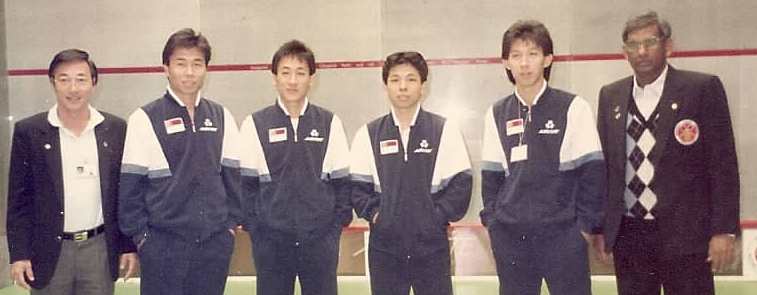
EARLY SQUASH PIONEERS
Munir says Jacob continued the powerful work of the early squash pioneers like Syed Ibrahim, George Abraham, Alex Josey, David Yeo, Tan Eng Han and Teoh Hoon Cheow. SSRA was formed in 1970 and its first President was Lieutenant Colonel Jaswant Singh Gill, followed by expatriate teacher Eric Cooper and Police Officer Frank Samuel. The reins changed hands to an expatriate Chief Executive Officer of Sime Darby, Richard Evans, who ran the association for a good number of years before handing it over to a Singaporean, Eddy Jacob.
“Eddy left an indelible mark by marshalling a cohesive team to oversee the heydays of squash uninterrupted in the 1980s and 1990s,” says Munir. “There are far too many people to be named in his team but suffice to say that they were tireless in their voluntary work to promote the game and flourished with creativity under his leadership.”
Significantly, during Jacob’s tenure, the Asian Squash Federation (ASF) Secretariat transferred from Pakistan to Singapore upon his election as President ASF in 1985. He served three four-year terms in ASF as President until 1997, with a team of officers comprising Harry Nair (Executive Director), Munir Shah (Secretary) and Benny See (Treasurer).
I remember, too, that the Singapore Open was sponsored by Asia Pacific Breweries under the brand name Anchor Beer and it was the longest running event, lasting just over 25 years, sponsored without a break by a single donor on the local squash scene.
The first edition of the Singapore Open in 1970 was won by Dr. Malcolm Simons. Muriel Hocking captured the women’s title when it was introduced in 1972. Past men winners of the Singapore Open were the top ranking world squash players of the day – Qamar Zaman (Pakistan), Maqsood Ahmed (Pakistan), Gogi Alaudin (Pakistan), Ali Aziz (Egypt) and Phil Kenyon (England), just to name a few.
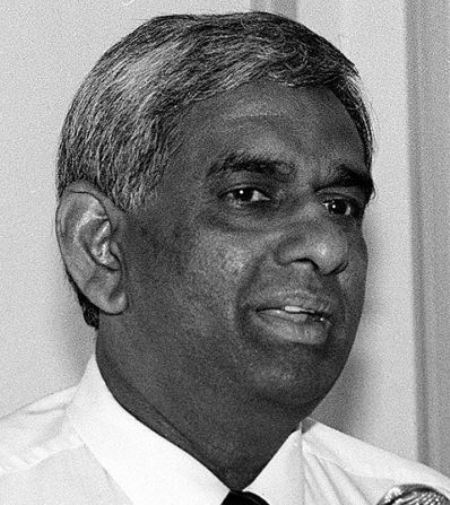
WORLD SERIES IN SINGAPORE
Munir adds: “Singapore also played host to the PIA World Series featuring the top 20 squash players of the world in the late 1970s. The likes of the 8-time British Open champion Geoff Hunt (Australia), Mohibullah Khan (Pakistan), Qamar Zaman (Pakistan), Ahmed Safwat (Egypt) and 6-time British Open champion Jonah Barrington (Ireland) made their regular annual appearances in this popular event.”
Under Eddy’s supreme leadership, Singapore had the likes of world-class squash stars like Zainal Abidin, Peter Hill, Stewart Ballard and Jeremy Yeo, who blossomed into the squash arena around the same time, such that we were able to dominate in the East Asian and Asian scenes and even the world stage.
Jacob was SSRA President for 17 years and among his most memorable feats were Singapore’s absolute domination in the region by winning all four gold medals at stake in the inaugural squash event in the 1991 South East Asian (SEA) Games in Manila, namely the men and women individual and team titles. The racquet-Lions on the court repeated the clean sweep in 1993, when Singapore hosted the SEA Games in Singapore.
Munir recollects: “Singapore was a squash power house in Asia, second only to Pakistan in the Asian Championships, which commenced in 1981. The highest international ranking Singapore ever achieved was sixth in the world during the 1985 World Men’s Team Championships in Cairo, Egypt. We also finished in the top 10 at the next two editions of the global tournament.”
Squash was flying high during Jacob’s tenure and it was a categorised as a merit sport by the Singapore Sports Council (SSC) and received sufficient funding as a consequence, besides the regular private sponsorship of various events in the squash calendar.
“Singapore even achieved the ultimate endorsement of its organisational ability by the world body when it was given the rights to host the World Men’s Team Championship in 1989,” says Munir. “This was the culmination after having hosted several regional and Asian championships and even a World Junior Men’s Championships in 1982.”

EUPHORIC RISE OF COURTS
Sadly, after the post-Eddy Jacob era of the euphoric rise in squash courts in the 1980s and 90s, many were under utilised and quite a number of squash courts in community centres and recreational clubs were converted to alternative uses, such as gymnasiums, children play areas, church activities, table tennis and even karaoke lounges.
But few can ever take away the distinguished work of Eddy Jacob, genuinely befitting the tag Singapore’s ‘Mr Squash’.
Nine-time East Asia champion Zainal Abidin, who was Singapore’s Sportsman of the Year 1987, says: “Dr Eddy will forever remain a squash legend.We played for the love of the game and if the national team needed something, he would be the first person to step forward to give us that in whatever way that he could.”
Like a God-sent sports hero, adds Zainal, he was the perfect example of a man wholed from the front. Zainal praises: “Dr Eddy would be the first to say that he would throw in his own money to make sure that our players could travel to play in overseas tournaments. The rest of the committee then would all chip in.”
SSRA President Woffles Wu raised both hands to salute his predecessor. He says: “Eddy was absolutely a giant of a gentleman and a man in the squash scene who was instrumental in bringing Singapore squash to really great heights.
“He seldom gloated about it but he was the one who swayed the government to put in more funding for the sport, that allowed us to do more things in those days. He will be greatly missed.”
Dr Jacob leaves behind wife Irene. The couple did not have any children. He had four siblings, among them Paul Jacob, a veteran political journalist at The Straits Times.
The body is resting at 95B Sunset Way, off Clementi Road, Singapore 597121. Nightly services will be held Monday and Tuesday at 8.00pm with the cortege leaving for Mandai Crematorium Hall 3 on Wednesday for cremation service at 4.30pm.
RIP Dr Edward Jacob. You will forever be remembered as an extraordinary trailblazer who “made the impossible possible” and inspired generations of Singaporeans to take up the racquet sport. Truly Singapore’s ‘Mr Squash’. – By SURESH NAIR
- Suresh Nair is a Singapore-based journalist who followed the rip-roaring squash leadership of Dr Edward Jacob from the late 1970s




